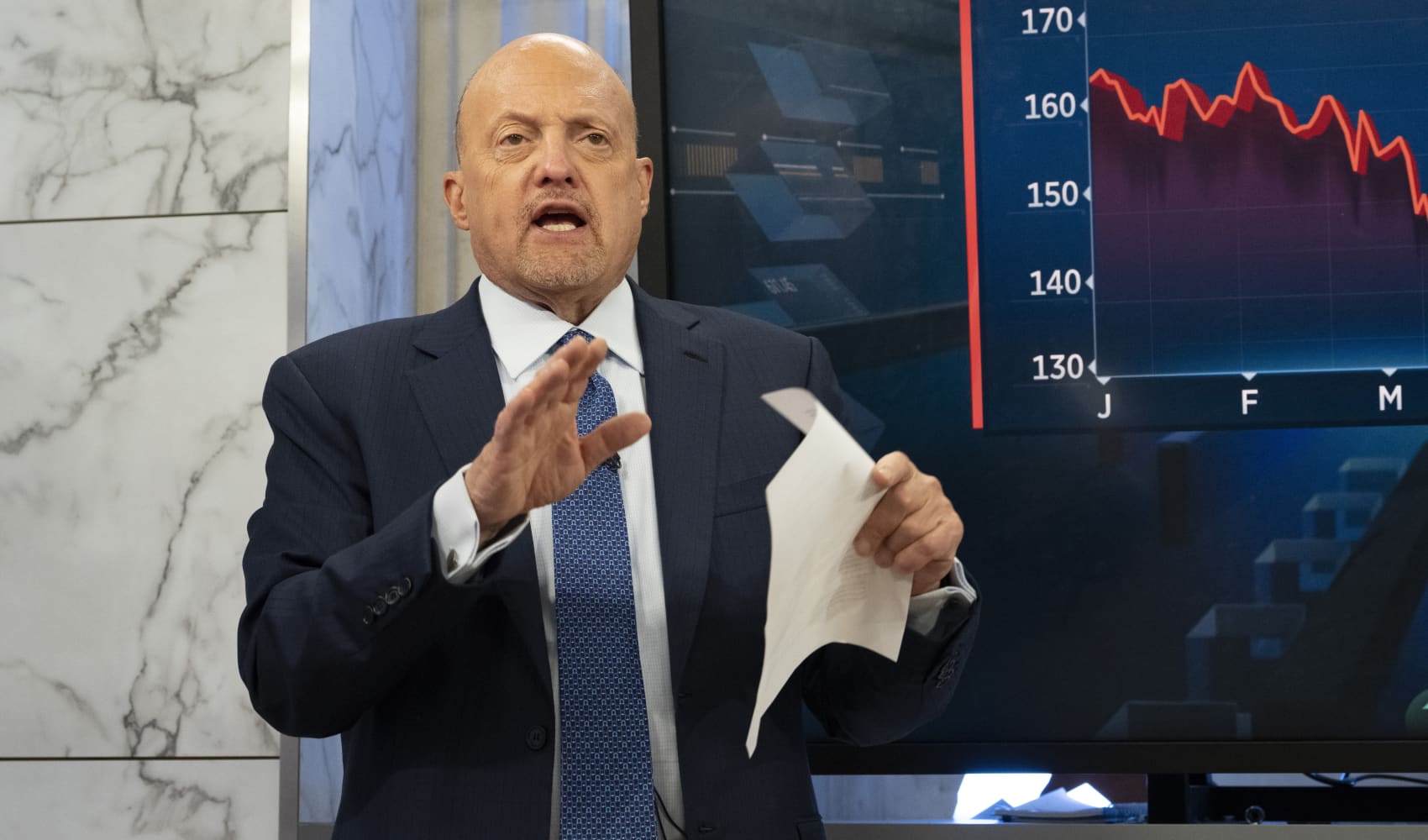
The GlobalFoundries semiconductor manufacturing facility in Malta, New York, on June 18, 2024.
- U.S. shares of Taiwan-based United Microelectronics popped more than 10% on news that it is looking to potentially merge with GlobalFoundries.
- Nikkei reported the news, citing sources familiar with the deal.
- The merger would create a company based in the U.S with production capabilities in Asia, the U.S. and Europe and potentially become an alternative to Taiwan Semiconductor, according to the report.
U.S. semiconductor manufacturer GlobalFoundries is reportedly weighing a merger with Taiwan-based United Microelectronics.
Watch NBC 5 free wherever you are
U.S. shares of United Microelectronics closed up 9% on the news, while GlobalFoundries shares were flat. Nikkei reported the news, citing sources familiar with the deal.
The merger would create a company based in the U.S with production capabilities in Asia, the U.S. and Europe, according to the report. The combined entity would aim to secure American access to mature chips amid potential risks from China competition and tensions between China and Taiwan, Nikkei reported.
Get top local stories in DFW delivered to you every morning with NBC DFW's News Headlines newsletter.
The new company would eventually invest in research and development in the U.S. and potentially become an alternative to Taiwan Semiconductor Manufacturing, the report said. Taiwan Semiconductor announced a $100 billion investment in the U.S. earlier this month to bolster chip manufacturing. The deal brought the company's total investment in the U.S. to $165 billion.
Taiwan has become a hub for global chip manufacturing, building chips for some of the largest companies such Nvidia and Apple. Taiwan Semiconductor is by far the leading worldwide supplier.
Money Report
Both GlobalFoundries and United Microelectronics have reportedly discussed the merger and informed government officials from both countries. United Microelectronic had previously looked into buying or building production plants in the U.S. but ditched the possibility due to costs, Nikkei reported.
Read the full report here.






